
Was the UK prepared for an inevitable pandemic?
It's really the sole question being addressed in this first report into "Module 1" of the COVID-19 inquiry.
There are at least eight more to follow as the inquiry continues.
For the families of the more than 230,000 people who have died from COVID and the millions of others whose lives were damaged or disrupted by it, this is far from the only question they want answered.
But it is, according to family representatives, one of the most important.
'Bowl of spaghetti'
Many of the subsequent failures in handling the pandemic, stemmed from "wholly inadequate" preparation and a lack of capacity to manage one when it arrived.
Even in advance of the inquiry chair Baroness Heather Hallett's report, the evidence heard makes it clear the UK was not prepared.
The disarray in pandemic planning was summed up neatly by one image presented to the inquiry.
An "organogram" showing the various pandemic responsibilities across more than 100 departments, agencies and committees.
No single person or department had overall responsibility.
Referred to by the lawyer representing the Trade Union Congress as a "bowl of spaghetti", Lady Hallett's report is expected to call for some urgent untangling.
As well as Whitehall disorganisation, much criticism was made during Module 1 of pandemic planning exercises - Whitehall wargames involving government officials, civil servants, the NHS and public health agencies - designed to test readiness.
The most comprehensive, Operation Cygnus, focused on an influenza pandemic and identified key weaknesses - notably in areas like social care.
The impact of COVID in care homes and the lack of capacity to cope with frail patients being discharged from hospital was a cardinal failure as the COVID pandemic evolved.
But the inquiry heard how those findings weren't communicated well - especially to those outside central government.
Also, how plans for flu weren't relevant to the pandemic we actually got - one caused by an entirely different virus.
There was much criticism too, of the impact austerity had on the capacity of health and public health services before COVID arrived.
Politics vs Public Health
Lord Cameron, the prime minister under which deep cuts to public spending were made, and his Chancellor George Osborne were grilled on this by the inquiry counsel.
This included how and why Public Health England - now the UK Health Security Agency - which led on pandemic threats, experienced a 40% real-terms budget cut in the years preceding COVID's arrival.
Witnesses also pointed to widespread Whitehall distraction due to no-deal Brexit planning in the months preceding the pandemic.
A letter from Chief Medical Officer Chris Whitty to the Department of Health at the time, warned that nearly 20 work streams on pandemic planning were cancelled or delayed due to civil service resources being diverted to deal with Brexit.
Lessons learned
It's Lady Hallett's job to decide which of these, and other failings, were central to the challenges we faced once COVID began to spread.
Also which, with and without the benefit of hindsight, could or should have been avoided.
Will she name names? Single out individuals for criticism?
Many of the victims' loved-ones hope so - not out of vindictiveness, but to ensure accountability.
More important though, is that Lady Hallett's recommendations ensure lessons are learned.
Participants in this inquiry are echoing calls heard at the Infected Blood Inquiry that some kind of mechanism is put in place that requires this government and future ones to be challenged on delivering inquiry recommendations

(c) Sky News 2024: 'Bowl of spaghetti': UK pandemic preparation to be laid bare in COVID inquiry report


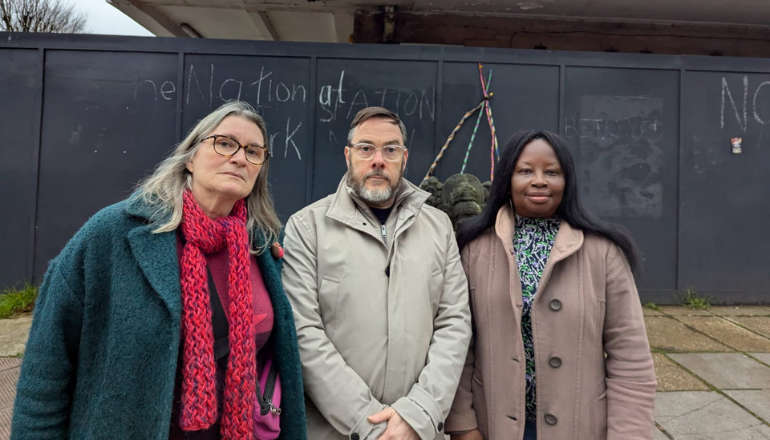 ‘A Kick In The Teeth For Lewes’: Lib Dem MP Expresses Disappointment Over Bus Station Loss
‘A Kick In The Teeth For Lewes’: Lib Dem MP Expresses Disappointment Over Bus Station Loss
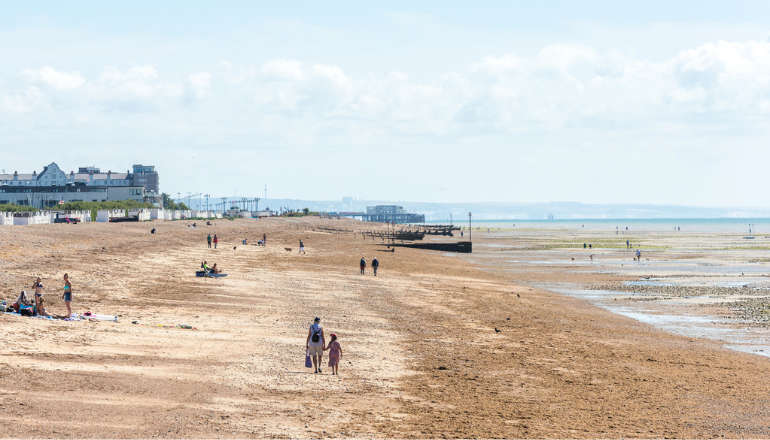 Results For Worthing’s Bathing Water Sites Revealed
Results For Worthing’s Bathing Water Sites Revealed
 £100,000 Robbery Of Bexhill Mobile Phone Store
£100,000 Robbery Of Bexhill Mobile Phone Store
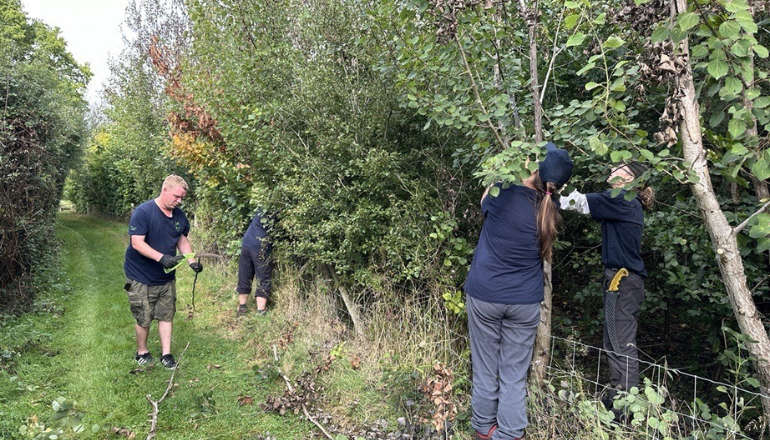 Organisations In Wealden Receive Funding To Help Tackle Inequalities In Physical Activity
Organisations In Wealden Receive Funding To Help Tackle Inequalities In Physical Activity
 Festive Children’s Stories Brought To Life With Interactive Story Session
Festive Children’s Stories Brought To Life With Interactive Story Session
 Jail Time For Shop Owner Who Sold Illegal Tobacco
Jail Time For Shop Owner Who Sold Illegal Tobacco
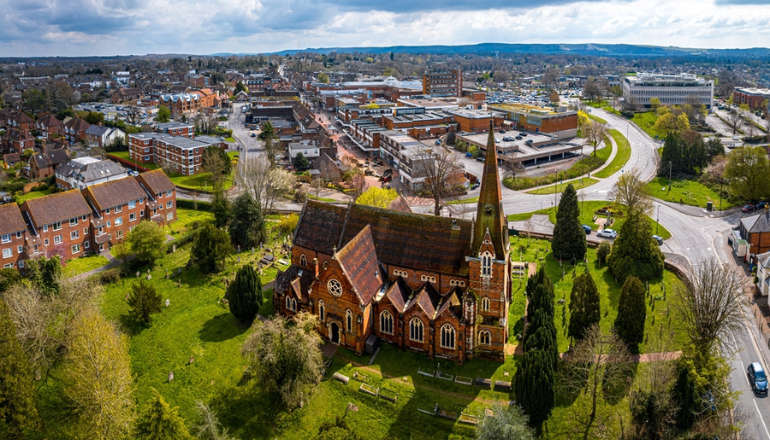 Funding Boost For Community-Led Waste Prevention Projects In West Sussex
Funding Boost For Community-Led Waste Prevention Projects In West Sussex
 Newhaven RNLI Welcomes Quartet Of Mayors To Share Gratitude
Newhaven RNLI Welcomes Quartet Of Mayors To Share Gratitude
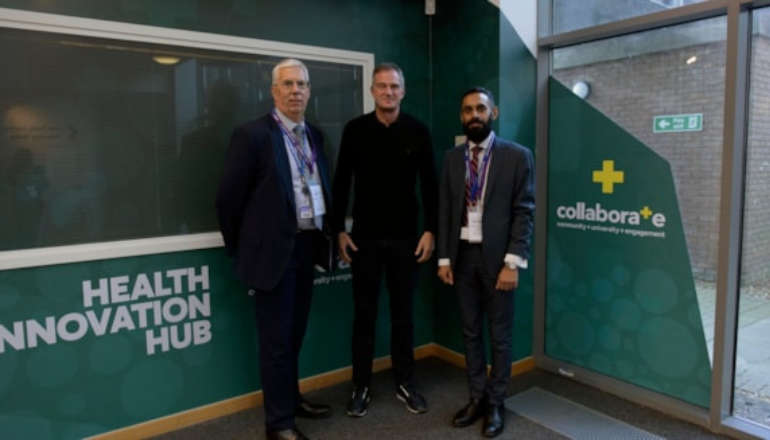 University Of Brighton Launches Health Innovation Hub To Tackle Health Challenges
University Of Brighton Launches Health Innovation Hub To Tackle Health Challenges
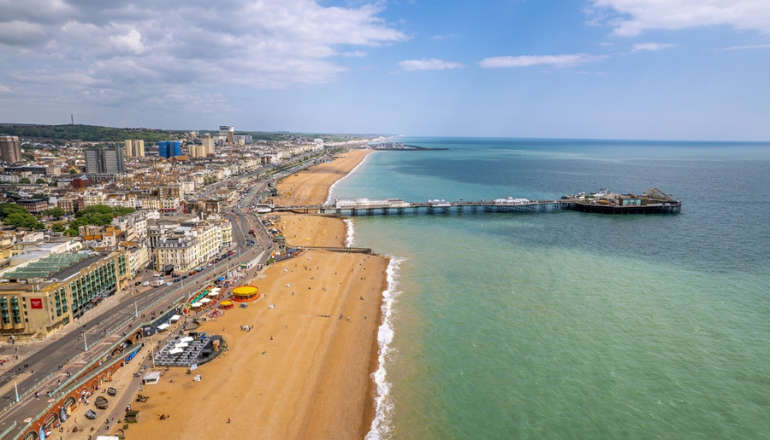 New Residential Care Home For Disabled Children In Brighton
New Residential Care Home For Disabled Children In Brighton